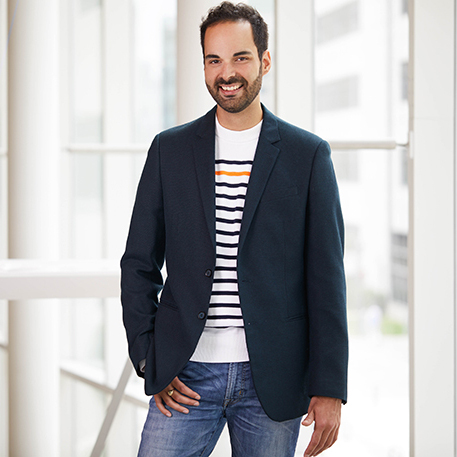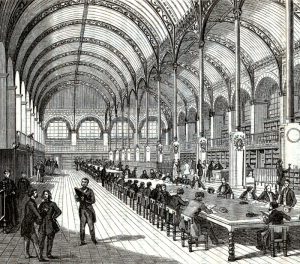
I am a professor of ethics at École de technologie supérieure (Montréal, CA). I am also a regular member of the Interuniversity Research Group on Normativity (GRIN). My current research focuses on the (ir)relevance of ideals in ethics and epistemology.
In 2019, I completed my Ph.D. in Philosophy at Université de Montréal, working under the supervision of Daniel Laurier. My dissertation makes various contributions to the debate on the normativity of rationality.
From 2019 to 2020, I was a research agent for the Québec Ethics in Science and Technology Commission, where I primarily worked on recommendations for regulating the Internet of things. After that, I was a postdoctoral fellow at Harvard University, where I worked under the supervision of Selim Berker.
Email: marc-kevin.daoust@etsmtl.ca
Research projects
I am interested in normative problems that combine ethics and epistemology. For example, what is the relevance of ideals in ethics and epistemology? Should we base our decisions on rational beliefs? In societies like ours, why should we promote diversity?
In addition to my current research on the recourse to ideals in epistemology and ethics, I have mostly worked on the following two projects:
The Normativity of Rationality
Is rationality normative? In other words, do we fall under an obligation to be rational? Rationality requires various things of agents. Presumably, rationality has to do with coherence, but also with how well we respond to the reasons we have.
My contributions to this debate fall into two categories. First, I have tried to figure out the extent to which we can tie rationality to coherence requirements. Second, I have tried to figure out the interactions there are between coherence requirements and requirements of responsiveness to reasons, and how these interactions matter for vindicating the normativity of rationality.
Scientific Neutrality and Deliberation
Scientific neutrality refers to various accounts of science, such as the value-free ideal defended by positivists or the Weberian account of axiological neutrality. Roughly, the issues are (1) whether science should be guided by contextual (ethical or political) values and (2) whether there is a justified procedure for choosing them.
My contribution to this debate has been to explore the relationship between norms of value-free science and norms of good deliberation.

